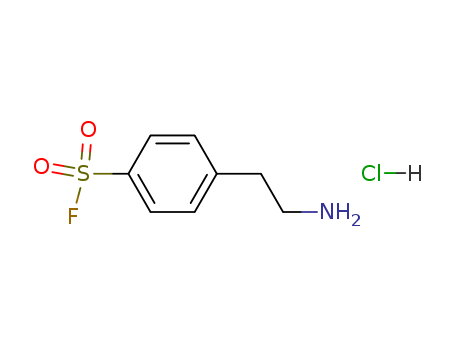Your Location:Home >Products >Intermediates >30827-99-7


Product Details
|
Description |
AEBSF is a water soluble, irreversible, broad spectrum inhibitor of serine proteases, including trypsin, chymotrypsin, plasmin, thrombin, and kallikreins. AEBSF can also prevent the activation of the ROS generator, NADPH oxidase. At 10-50 μg, AEBSF can attenuate airway inflammation in a mouse model of airway allergy. AEBSF maintains stability in slightly acidic aqueous solutions and serves as a nontoxic alternative to the organophosphate inhibitors, PMSF and DFP. |
|
Chemical Properties |
white powder |
|
Uses |
AEBSF is extensively used in studies aiming to describe cholesterol regulatory genes due to its potent ability to inhibit Site-1-protease (S1P). This serine protease, located in the Golgi apparatus, is responsible for activating the sterol regulatory element-binding proteins. By selectively inhibiting S1P, AEBSF can be used to characterize the downstream result of SREBP inhibition and its influence on cholesterol regulation. |
|
General Description |
Pefabloc? SC is a trypsin inhibitor, which can be used in the synthesis of its arginine-like analogue, 4-(2-guanidinoethyl)benzenesulfonyl fluoride. |
|
Biochem/physiol Actions |
Irreversible serine protease inhibitor. Inhibition constants are similar to those of PMSF and DFP. AEBSF has been shown to inhibit trypsin, chymotrypsin, plasmin kallikrein and thrombin. As an alternative to PMSF and DFP, AEBSF offers lower toxicity, improved solubility in water and improved stability in aqueous solutions. AEBSF has been used in cell culture in concentrations of up to 0.25?mM. |
InChI:InChI=1/C8H10FNO2S.ClH/c9-13(11,12)8-4-2-1-3-7(8)5-6-10;/h1-4H,5-6,10H2;1H
CAS:97963-62-7
CAS:274693-27-5